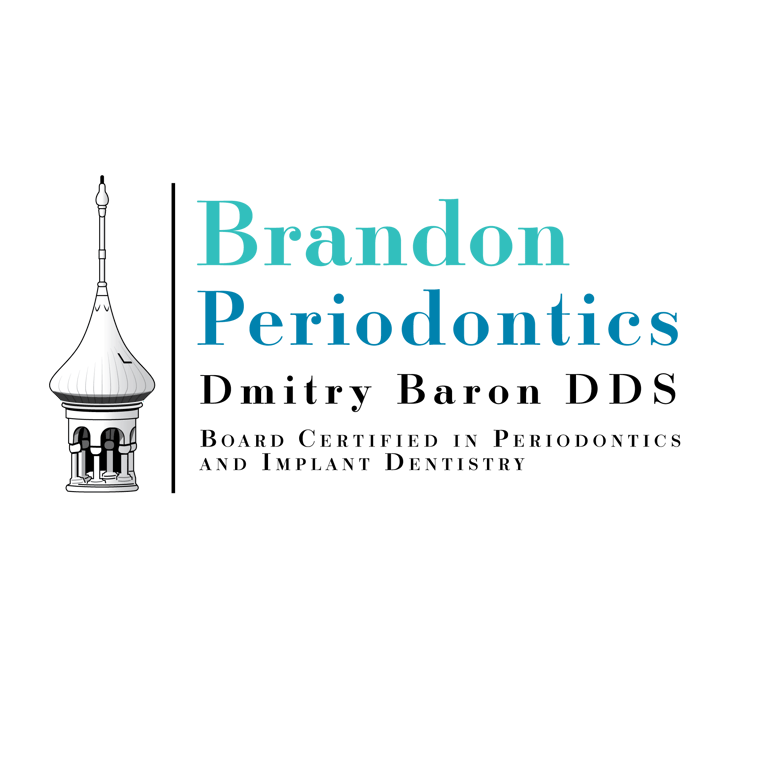Depending on your unique case, you may be a candidate for non-surgical periodontal treatment. However, these procedures do have limitations. When non-surgical treatment does not achieve optimal periodontal health, your periodontist may recommend gum surgery.
Scaling and Root Planing
In scaling and root planing, your periodontist will perform a deep cleaning of your tooth root surfaces. First, your periodontist will scale beneath the gumline to remove plaque and other bacterial toxins from periodontal pockets. Root planing allows your periodontist to smooth the tooth root to prevent future plaque or toxins from adhering.
Many patients do not require additional treatment after scaling and root planing. However, the majority of patients will require ongoing maintenance therapy to sustain periodontal health.
Laser Treatment
Lasers can be used to treat periodontal disease. Current controlled studies have shown that similar results have been found with laser treatment compared to specific other non-surgical treatment options, including scaling and root planing alone.
Each laser has different wavelengths and power levels that can be used safely during different periodontal procedures. However, damage to periodontal tissues can result if a laser with an inappropriate wavelength and/or power level is used during a periodontal procedure
